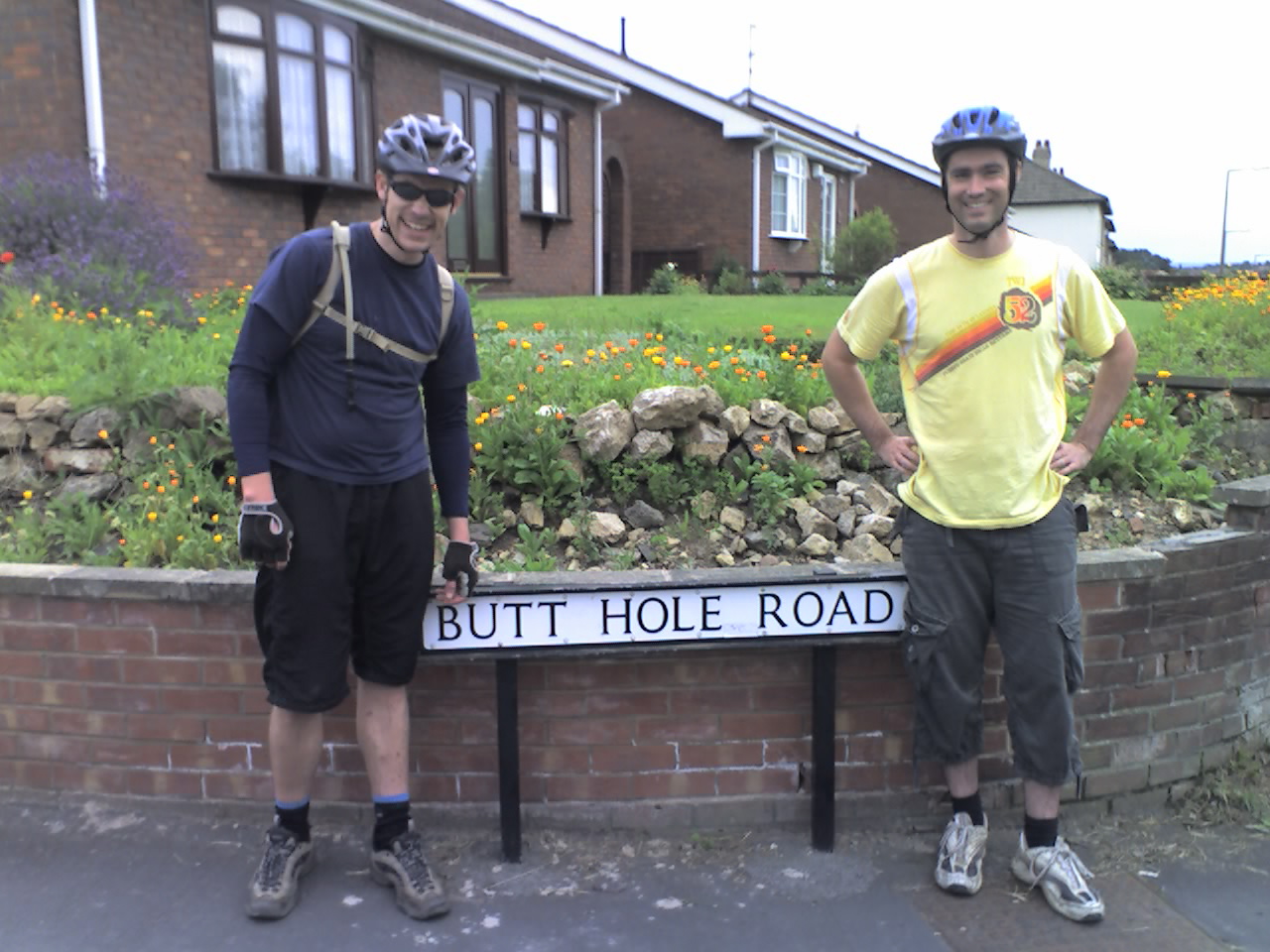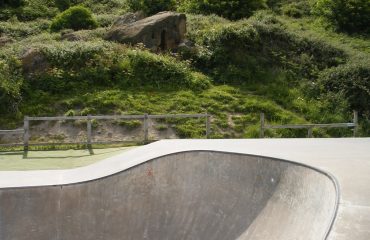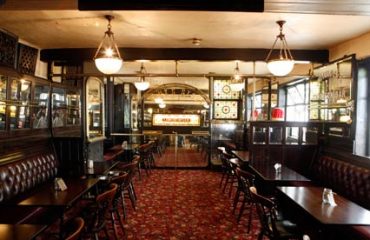Yorkshire has some interesting, weird, and downright confusing place names. From Slack Bottom to Scurvey Scar, Yorkshire folk sure know how to make out-of-towners double-take as they drive past our road signs. So without further ado, here are seven of our favourites!
1) Bedlam
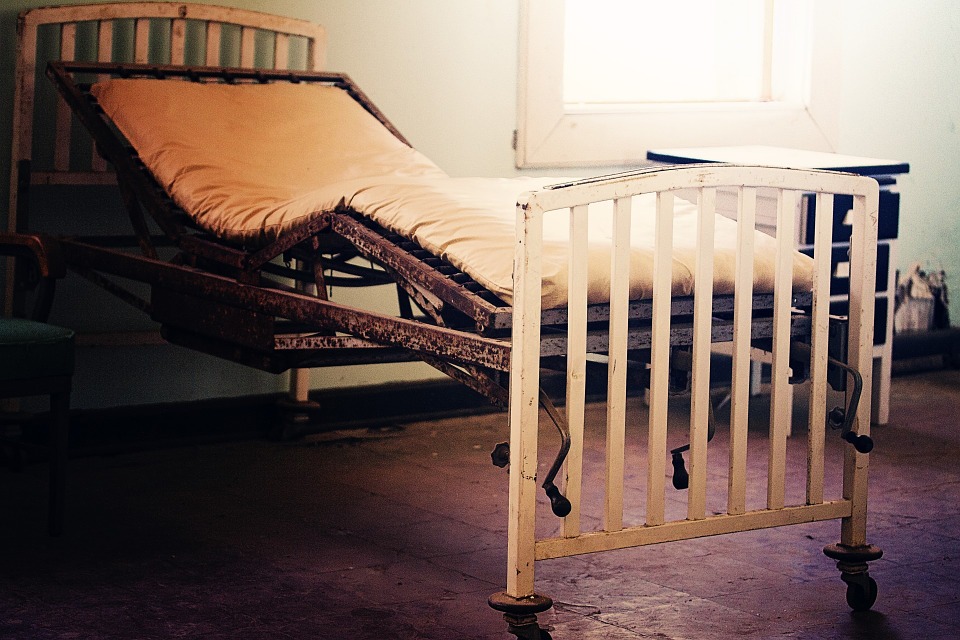
Bedlam is a rural village outside of Harrogate, and shares the name of the famous London insane asylum. Although ‘Bedlam’ brings up visions of the classic Victorian mental hospital, it’s good to know that this town derives it’s name from the Old English Word ‘Botlum’ which means ‘At the Buildings’. The London hospital’s name is a corruption of ‘Bethlehem’.
2) Crackpot
Crackpot is another tiny Yorkshire settlement that could have you on edge if you stumbled across it. The village lies west of Richmond on the river Swale, and is derived from Old English ‘Kraka’ (a crow) and ‘pot’ which refers to a large, deep hole. In this case, it refers to a rift in the limestone on which the town is built.
In addition to the town, nearby features also have worrisome names. Crackpot Cave is located to the south of the village in a place called Scurvey Scar. To get to the cave, you have to traverse a path known as the Knee-wrecker passage – not for the faint of heart, it would seem!
3) Booze

This may be the best town name of all time! Unfortunately, the small hamlet is not a reference to any kind of overly-boozy activity that happens here. In fact, Booze may be one of the smallest settlements in all of Yorkshire. With only one pub, the Red Lion, which sits at the bottom of the hill below the hamlet, it’s hardly the rowdy party-town that you’d expect!
4) Whip-Ma-Whop-Ma-Gate
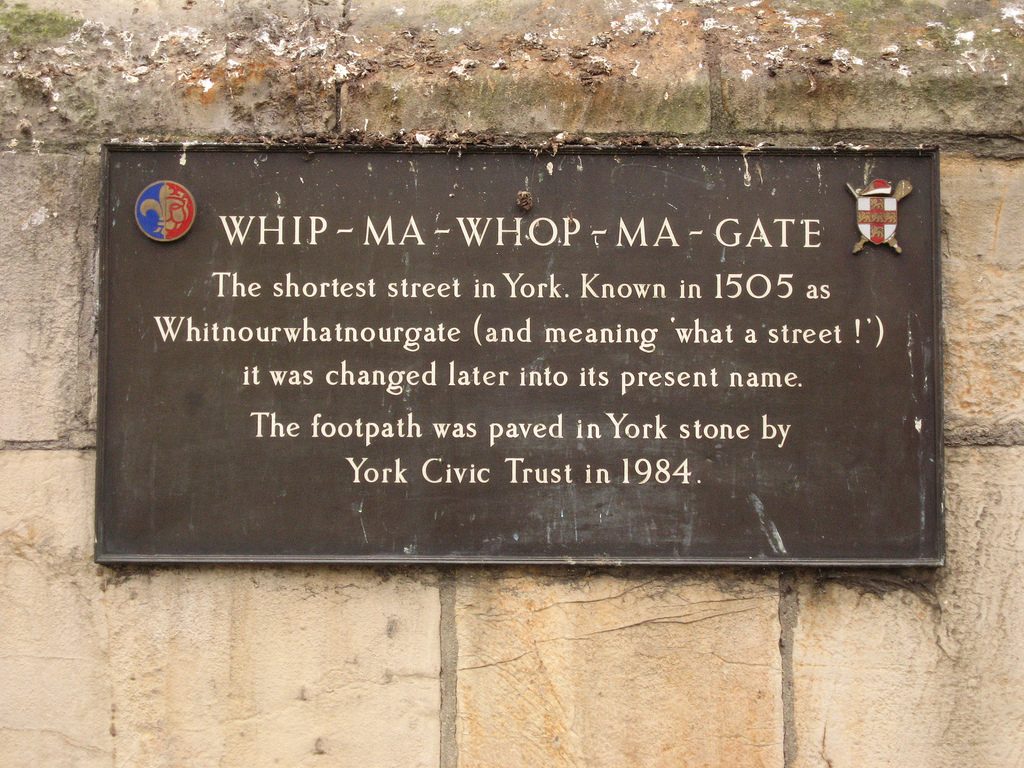
One of the stranger place names across Yorkshire, this one definitely needs some explaining. However, there is no definite explanation for the obscure title!
It is one of the shortest streets in the city of York, and different sources claim different meanings for it’s origin. A plaque on the street proclaims that it comes from Whitnourwhatnourgate, which means ‘What a Street!’, but it has also been suggested that it means ‘Neither One Thing Nor Another’. It was also the location of the city’s whipping posts and stocks back int’ day, which suggests that the ‘Whip’ part of the name comes from these activities.
5) Wetwang
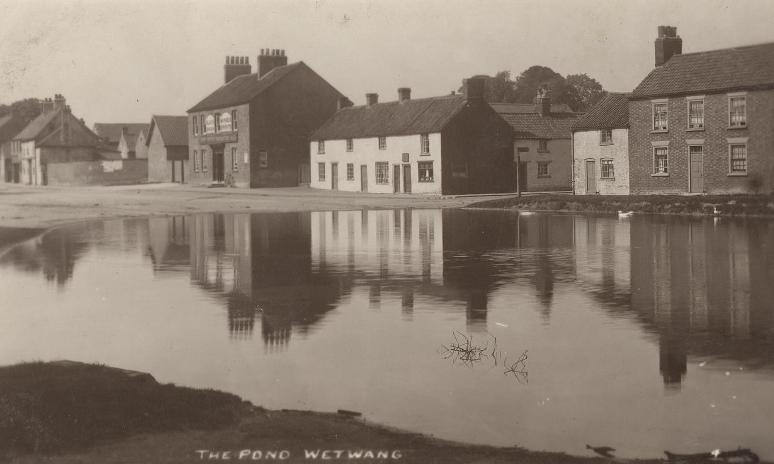
Again, it’s old english that is to blame for the outrageous name here! ‘Vertvanger’ was the viking name for ‘Meeting Place’, which describes Wetwang’s location perfectly. It is situated on the crossroads of the A166 and B1248.
It’s possible that this village is even older than the Viking invasions, though – among other interesting finds, local archaeologists once found an ancient Briton chariot, used in battles against Julius Caesar more than 2000 years ago.
6) Penistone
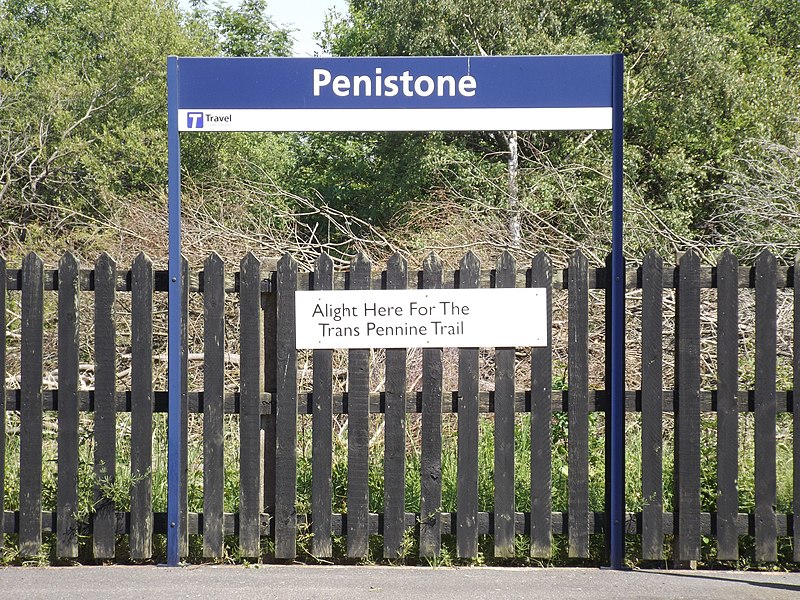
Ah, Penistone. I would be surprised if anyone in Yorkshire (Let alone the UK) doesn’t know about this town. Yorkie TV personality Jeremy Clarkson has even made countless jokes on Top Gear regarding this little Yorkshire Town.
Penistone first appears in the Domesday Book of 1086, and comes from the Welsh ‘Penn’ meaning Hill, and old english ‘Tun’ meaning a farmstead or estate. In addition to this, ‘ing’ traditionally denotes a place-name in old english, so ‘Penn-ing-tun’ literally means ‘farm or village on the hill’.
Somewhat mundane compared to what I was told when I was a kid!
7) Butt Hole Road
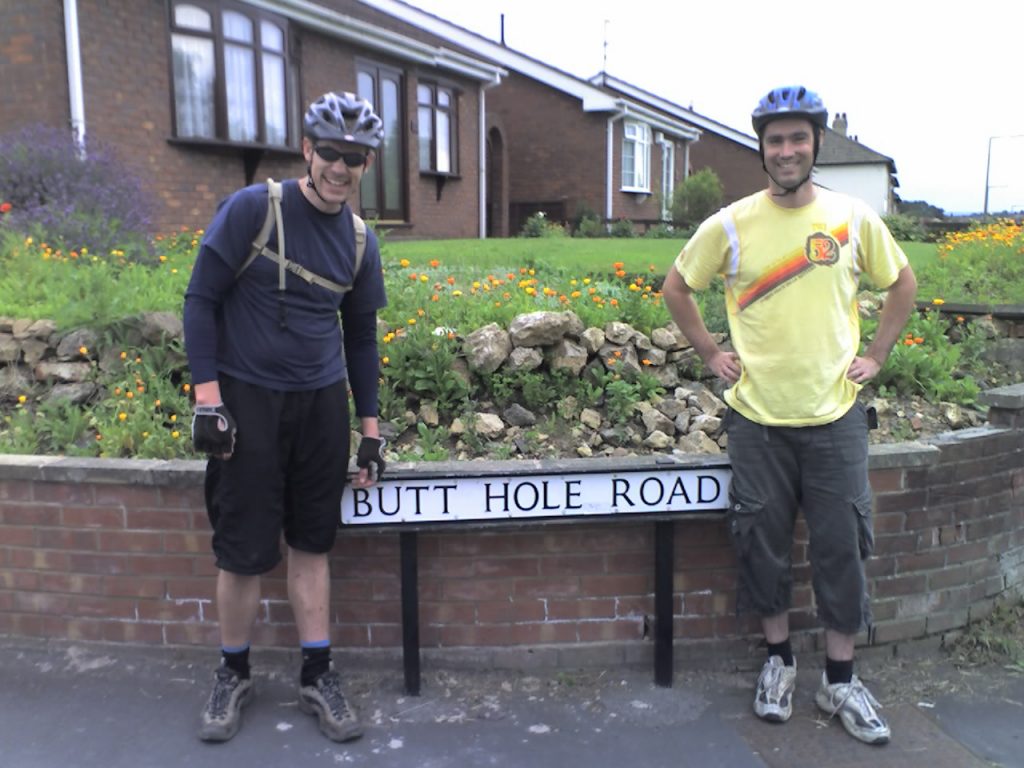
Butt Hole Road is one of the most infamous streets in the whole of the UK, specifically for the hilariously inappropriate name. Originally, before the term became rude, the road was home to a communal water butt. However, in more recent times the tenants of Butt Hole Road clubbed together and petitioned to have the road name changed. This was because the road had become a hit with tourists (some of which took pictures while mooning) and many taxicab and delivery services would not serve residents on the road, believing the address was a prank. The residents also received so many prank calls, that they all had to have their numbers pulled from public record!
The road in Conisbrough is now known as Archer’s Way, in honour of Conisbrough Castle.
